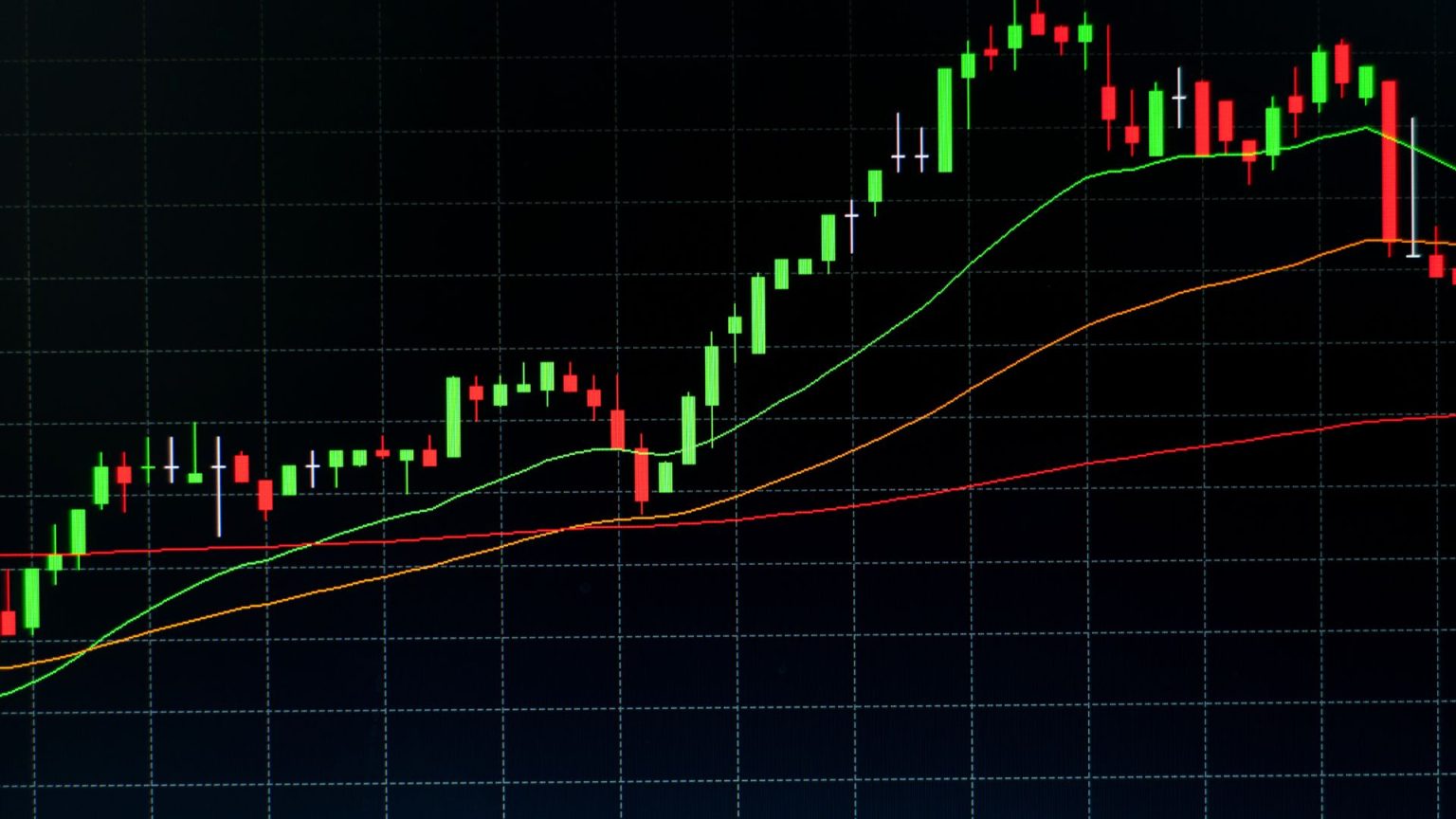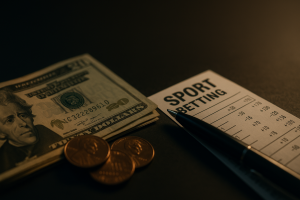Prop firm trading has exploded in popularity.
Everyone sees the opportunity: use someone else’s capital, keep a percentage of the profits, and scale into bigger funding.
But here’s the part most new prop traders never hear about:
Prop firm rules are designed to expose weakness.
If you don’t have iron-clad structure, discipline, and risk management, you’ll blow the account — not because you’re a bad trader, but because you’re unprepared for the environment.
Prop firm challenges magnify your strengths, but they also magnify your weaknesses.
And the mistakes traders make are shockingly consistent.
Today, we’re breaking down the most common mistakes new prop firm traders make — and how to fix each one before it costs you your account.
Mistake #1: Trading Like It’s a Regular Account (It Isn’t)
A funded account is NOT the same as your personal trading account.
Most new traders treat them the same — and that’s why they fail.
Why It Happens
Prop traders forget that rules matter more than profits.
They:
- Overtrade
- Chase volatile moves
- Risk too much per trade
- Treat it like gambling
- Let emotions dictate setups
A regular account gives you flexibility.
A prop account gives you constraints — and those constraints are a filter.
How to Fix It
✔️ Trade LESS, not more
✔️ Focus on rule preservation, not profit maximization
✔️ Use a consistent, repeatable strategy
✔️ Only take A+ setups
✔️ Remove emotional trades entirely
Prop trading isn’t about proving you’re a genius.
It’s about proving you’re disciplined.
Mistake #2: Not Understanding Prop Firm Risk Parameters
Most challenges have rules such as:
- Daily drawdown
- Max drawdown
- Profit target
- Static or trailing limits
- Time limits
- Maximum position size
New traders blow accounts simply because they don’t understand how these rules interact.
Why It Happens
They mistakenly believe prop firms care about PnL.
Prop firms actually care about risk stability.
How to Fix It
✔️ Read every rule carefully
✔️ Calculate your risk per trade before the challenge starts
✔️ Base your strategy around max daily drawdown, not max potential profits
✔️ Avoid trading during high-volatility events
✔️ Never risk more than 0.5–1% per trade in a prop challenge
If you break a rule, you are out — even if the trade was profitable.
Mistake #3: Using Too Much Leverage
Leverage is the #1 reason traders get disqualified.
Prop firms often offer 1:50, 1:100, even 1:200 leverage — and beginner traders take the bait.
Why It Happens
They think high leverage = fast passes.
In reality, high leverage = fast failures.
How to Fix It
✔️ Treat leverage as a tool to reduce capital, not increase size
✔️ Use low leverage (1–5x) for most trades
✔️ Only size up when structure is perfect
✔️ Place stops based on market structure, not emotions
Prop trading rewards precision — not gambling.
Mistake #4: Overtrading Out of Pressure to Hit the Target
This is the most destructive psychological pattern prop traders fall into.
When they see a profit target like +8% or +10%, they start thinking they need to “trade more” to hit it.
This causes:
- Impulsive trades
- Revenge trades
- Emotional entries
- Lower-quality setups
- Overexposure during volatility
How to Fix It
✔️ Ignore the profit target during your trading sessions
✔️ Focus only on taking clean, high-probability setups
✔️ Use journaling to stay objective
✔️ Trade fewer pairs or assets
✔️ Let compounding do the heavy lifting
You don’t pass challenges by hustling — you pass by waiting.
Mistake #5: Trading Through News Events (Thinking You Can Outsmart Volatility)
New traders underestimate how brutal volatility can be during:
- CPI
- FOMC
- Interest rate decisions
- Jobs reports
- Major exchange listings
- Large liquidation events
- Whale movements
During news events, your stop-loss can slip, spreads widen, orders skip, and you can violate your rule limits instantly.
How to Fix It
✔️ Skip trading 15 minutes before and after major news events
✔️ Avoid holding leveraged positions overnight on prop accounts
✔️ Reduce your size during uncertain macro periods
✔️ Let the volatility pass before you re-enter
Playing defense is a strategy.
Mistake #6: Taking Too Many Trades Without a Defined Edge
A shocking number of new prop traders don’t have a real system.
They have vibes.
They have feelings.
They have lines on charts with no rules.
Why It Happens
They try to pass the challenge quickly, so they rely on intuition instead of structure.
How to Fix It
Build a trading system that includes:
✔️ Clear entry criteria
✔️ Defined stop-loss placement
✔️ Logical take-profit levels
✔️ Market structure confirmation
✔️ Volume analysis
✔️ Trend direction filters
✔️ Time-of-day rules
✔️ Invalidation conditions
If your strategy isn’t written down, it doesn’t exist.
Mistake #7: No Journaling, No Adjustments, No Improvements
Prop traders who fail often repeat the same errors because they aren’t tracking anything.
Why It Happens
New traders underestimate how much data matters.
Prop firms don’t fund traders who get lucky — they fund traders who are consistent.
How to Fix It
✔️ Log every trade (win or loss)
✔️ Track reason for entry
✔️ Track emotional state
✔️ Track rule violations
✔️ Identify your weak spots weekly
✔️ Adjust your plan accordingly
You don’t improve what you don’t measure.
Mistake #8: Not Knowing When to STOP Trading for the Day
This is a silent killer.
Most prop accounts aren’t lost from one bad trade —
they’re lost from a chain reaction after a trader refuses to stop.
Why It Happens
- Frustration
- Revenge trading
- Trying to hit daily goals
- Letting emotions take over
- Fear of “missing the move”
How to Fix It
✔️ Set a “stop trading time” every day
✔️ Stop after 1–2 high-quality trades
✔️ Stop after 2 losses in a row
✔️ Set rules to protect your mental state
The best traders know when NOT to trade.
Mistake #9: Focusing on Passing — Not on Becoming a True Trader
This is the biggest mistake of them all.
Prop traders fail because they make the challenge the goal.
But the challenge isn’t the goal — your development is.
How to Fix It
✔️ Focus on structure, not speed
✔️ Focus on consistency, not targets
✔️ Focus on process, not profits
✔️ Focus on mastery, not challenges
Passing becomes automatic when you trade like a funded trader BEFORE you’re funded.
Final Thoughts: Prop Trading Rewards Discipline — Not Drama
Prop firm trading can be life-changing.
But only if you approach it with:
- Patience
- Structure
- Risk management
- Emotional control
- A clear plan
Most traders fail because they bring casino habits into a professional environment.
But if you fix the mistakes above, you give yourself an edge that 90% of traders never develop.
Trade Smarter With EPIQ
If you want to pass challenges, maintain funding, and scale into larger capital — EPIQ Trading Floor gives you the structure you need:
🔥 Daily market analysis and funding-friendly setups
🔥 Leverage-safe entry strategies
🔥 Prop firm–compatible risk management frameworks
🔥 A full community of disciplined traders
🔥 3-day free trial to try it all risk-free
👉 Start your 3-day free trial at the EPIQ Trading Floor
Learn how to pass challenges — and stay funded.
Not Financial Advice (NFA):
This content is for educational purposes only. Always manage your risk and follow your prop firm’s rules carefully.










Responses
🔥
Comments are closed.